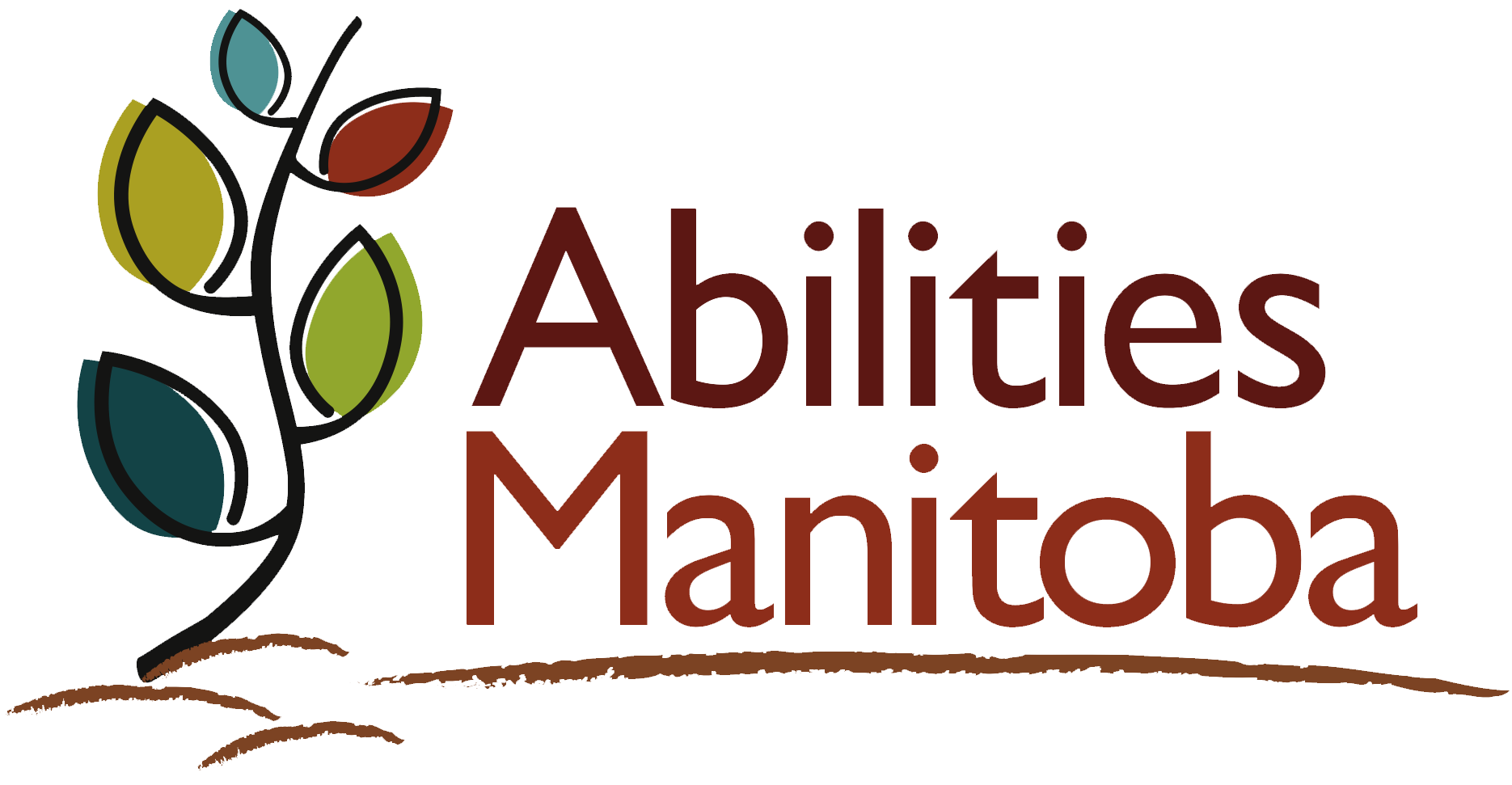Documents authored by Abilities Manitoba are available in alternative formats. For other shared documents and resources, please contact the original author. If you require any assistance please contact us and we will do our best to accommodate you.
You can contact us at admin@abilitiesmanitoba.org or 431-688-6108.
Respect
Respect
Let's talk about respect, baby! (Cue the music)
While we all strive to treat each other with respect... to be kind and civil with each other, we want to dive into this notion of respect as it relates to supporting people with disabilities and doing that well! Here we are talking about being more than kind, more than civil... we are talking about the notion of big "R" Respect. This is respect in action! So buckle up and let's explore together what it means to truly treat people with big "R" Respect!
eLearnings:
Talking the Talk - Your Words Matter
In this eLearning, Leanne Fenez covers the importance of language. The video dives into why the language we use matters and how we can use our words to lift people up or tear them down. Leanne provides her top ten tips to talk the talk when using respectful language.
This video is captioned and contains simultaneous translation to ASL. Full transcripts are available here:
- Word version: Talking the Talk (Transcript).docx (26 KB)
- PDF version: Talking the Talk (Transcript).pdf (136 KB)
Seat at the Table
In this eLearning, Wendy Humphrey walks us through the ways in which we can support people to be heard and engaged in all areas of life, from the kitchen table all the way to the boardroom table. Nothing about us, without us, is critical to showing deep respect.
Wendy explores ways to support people to be heard, empowered, included and engaged in all decisions that impact their lives. She discusses strategies to support people to be valued contributing members of working groups and committees where decisions about people with lived experiences of disability are being discussed.
This video is captioned and contains simultaneous translation to ASL. Full transcripts are available here:
- Word version: A Seat at the Table (Transcript).docx (26 KB)
- Pdf version: A Seat at the Table (Transcript).pdf (126 KB)
The Least Dangerous Assumption
In this eLearning, Natalie Giesbrecht unpacks the theory developed by Anne Donnellan and why presuming competence is always the right thing to do. Natalie explores and provides the tools to shift towards holding a growth mindset and how it ultimately leads to positive life experiences and opportunities for the people we serve.
This video is captioned and contains simultaneous translation to ASL. Full transcripts are available here:
- Word version: The Least Dangerous Assumption (Transcript).docx (24 KB)
- PDF version: The Least Dangerous Assumption (Transcript).pdf (103 KB)
Putting it into Practice
Words Matter
Take some time with your team to talk about respectful language. How do staff tend to talk about the people they serve in your organization? Is there anything that you might consider changing? What did you learn about language that you didn't already know? Make a list of pet peeves!
Introductions Matter
John O'Brien said "The quality of our lives depends upon the quality of our introductions and invitations". Sit down with each person you support and explore how they want to be described, introduced or referred to. Avoid assumptions and make sure you really know what the person wants! Consider asking them:
- What's your preferred name?
- Pronouns?
- How do they want to be introduced to strangers?
- How do they describe their disability? Do they want person-first or identity-first language?
- Are there other aspects of their identity that they wish to highlight in their introductions? (culture, race, sexual orientation)
Remember this might be a new conversation for them! They may not have been asked or considered some of these questions. Be ready to talk about the options, why you are asking and what the impact of a good introduction is on relationship building. This may take more than one conversation and be sure (with the person's consent) to share this information with others involved in supporting them.
But wait... there's more - Additional Resources
- Leading Practice Guidelines – Supporting Language, Spirituality & Identity - Abilities Manitoba
- Disability & Identity: We need to do better - CQL
- Demystifying Disability – Book by Emily Ladau – available at McNally Robinson
- Identity First vs. Person First Language - by Chloe Hayden
- The Power In "My" – The International Journal of Direct Support Professionals
